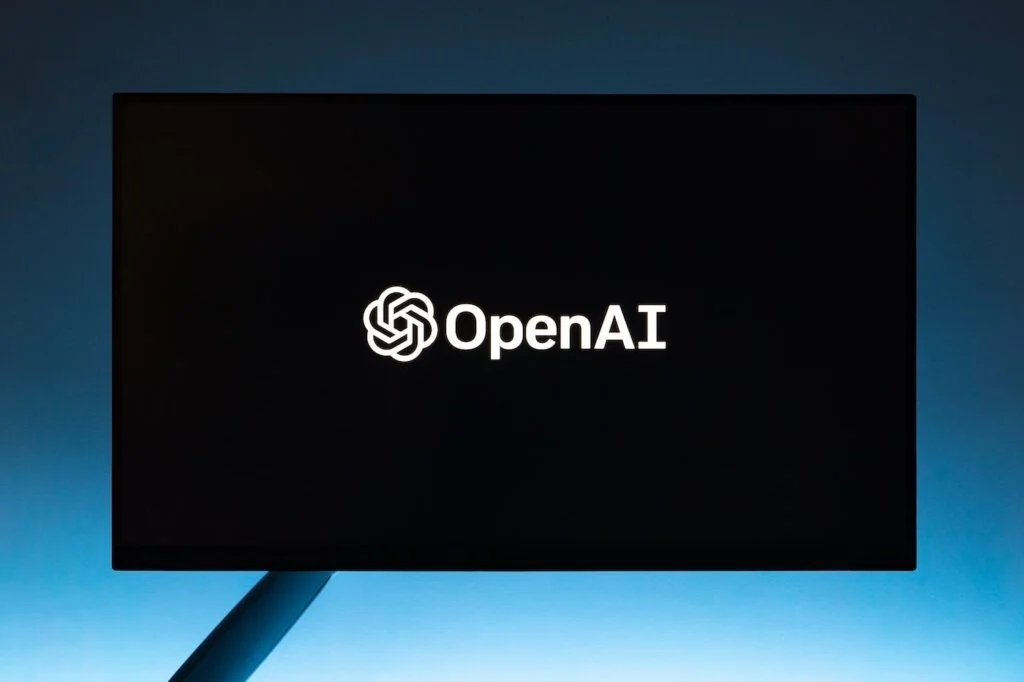According to the report, the South-Korean tech giant passed a memo to staffers informing them of the internal ban. Citing security concerns, the company is worried that queries transmitted to the external servers that run these services will be difficult to retrieve or delete. Which would naturally be troublesome if they include trade secrets that made their way to competitors, among other potential users of generative AI services. Despite the ban of generative AI use via company hardware, employees are still free to use them on their personal devices. Naturally, the company asks that they be careful about sharing sensitive data, be it the company’s or their own. Failure to comply can result in the noncompliants getting their employment terminated. This ban on generative AI use by Samsung employees is not exactly new, with quite the history behind it. Back in late March, The Economist Korea reported on the company being initially hesitant on allowing employees to use these generative AI services. But shortly after the company’s “device solutions (DS / semiconductor)” division was allowed permission to use them, the company discovered three instances of sensitive data being entered into ChatGPT. One saw an employee asking the AI to help them with a “problematic source code”, another similar incident saw an employee ask provided ChatGPT with code, asking it to fix for “defective equipment”. A third staffer reportedly transcribed a recording of a meeting using a third party app, and then pasted the transcript into ChatGPT, asking it to convert it to minutes. To prevent similar mishaps in the future, Bloomberg claims that Samsung is working on its creating own internal generative AI service. In the same vein, the company is also working on ways to block the upload of sensitive information to external services. (Source: Bloomberg, The Economist Korea)

